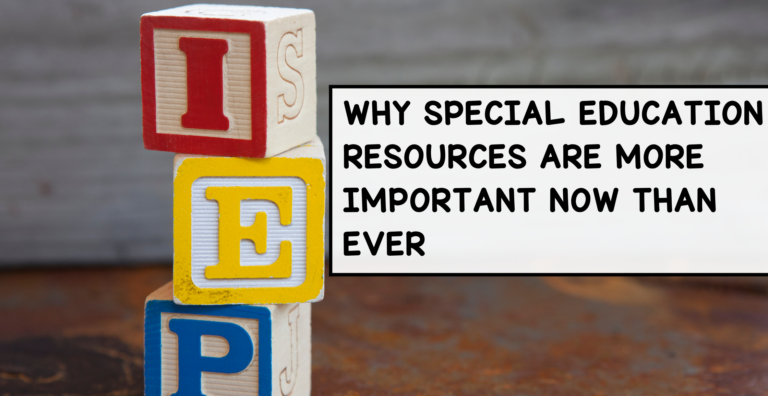Supporting Students with Executive Function Challenges: A Guide for Parents and Teachers
Executive function skills are crucial for students to succeed in school and everyday life. These skills include organization, time management, planning, attention control, and emotional regulation. For students who struggle with executive function challenges, everyday tasks such as completing homework, following directions, and staying organized can feel overwhelming. Parents and teachers play a pivotal role in helping these students develop strategies to manage their responsibilities effectively.
Understanding Executive Function Challenges
Students with executive function difficulties may exhibit signs such as:
- Difficulty starting or completing tasks
- Forgetting assignments or losing materials frequently
- Trouble following multi-step directions
- Poor time management and procrastination
- Impulsivity and difficulty with emotional regulation
Recognizing these signs early can help in providing the right support and interventions.
Strategies for Parents
Parents can create a supportive home environment by implementing the following strategies:
1. Establish Routines
Consistent daily routines help students feel more in control and reduce anxiety about what comes next. Use visual schedules, timers, and checklists to make routines predictable.
2. Break Tasks into Smaller Steps
Large tasks can feel overwhelming. Breaking them down into manageable steps and providing clear instructions can help students stay on track.
3. Use Organizational Tools
Provide planners, calendars, and digital apps to help students keep track of assignments and deadlines. Color-coding and labeled folders can also make materials more accessible.
4. Encourage Positive Reinforcement
Celebrate small successes and provide praise when students demonstrate effort and improvement. Positive reinforcement builds confidence and motivation.
5. Teach Time Management Skills
Help students prioritize tasks using techniques such as the Pomodoro Technique (work for 25 minutes, then take a 5-minute break) or using alarms and timers for specific tasks.
Strategies for Teachers
Teachers can foster an inclusive and supportive classroom environment by implementing these strategies:
1. Provide Clear Expectations
Clearly outline expectations and provide step-by-step instructions for assignments. Written and verbal reminders can help reinforce these expectations.
2. Implement Visual Supports
Use visual aids such as schedules, charts, and graphic organizers to help students process information more effectively.
3. Allow Flexible Work Options
Provide opportunities for students to choose how they complete assignments, such as using alternative formats like oral presentations, visual projects, or written reports.
4. Foster a Growth Mindset
Encourage students to view challenges as opportunities for growth. Teach problem-solving strategies and emphasize effort over perfection.
5. Incorporate Mindfulness and Breaks
Short brain breaks, stretching exercises, or mindfulness activities can help students refocus and regulate their emotions.
Collaborating for Success
Effective communication between parents and teachers is essential in supporting students with executive function challenges. Regular check-ins, progress updates, and collaborative goal-setting can help create a unified support system.
By working together and implementing consistent strategies at home and school, students can develop the executive function skills they need to thrive academically and beyond. With patience, encouragement, and the right tools, students can gain confidence and independence in managing their responsibilities.




